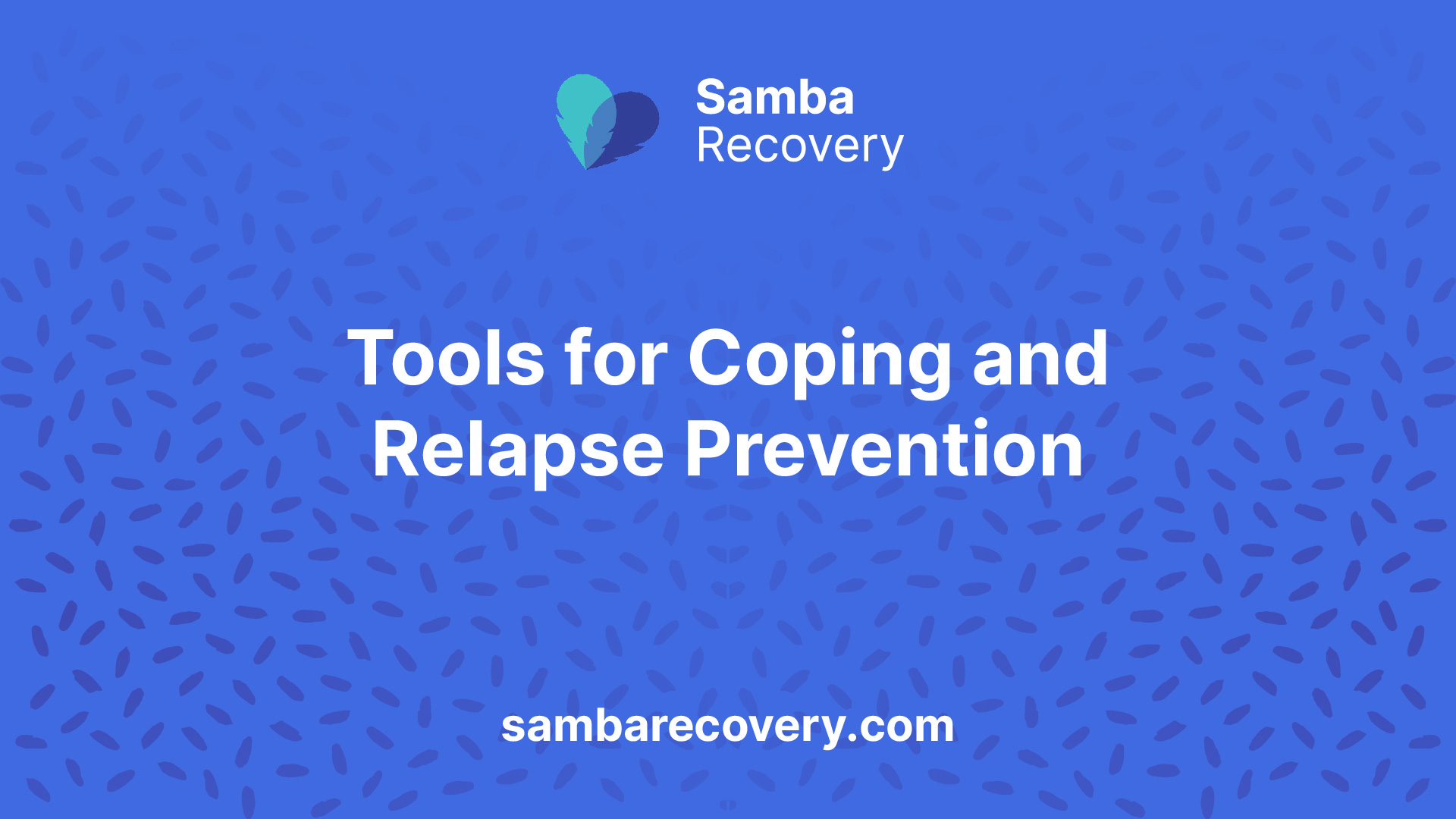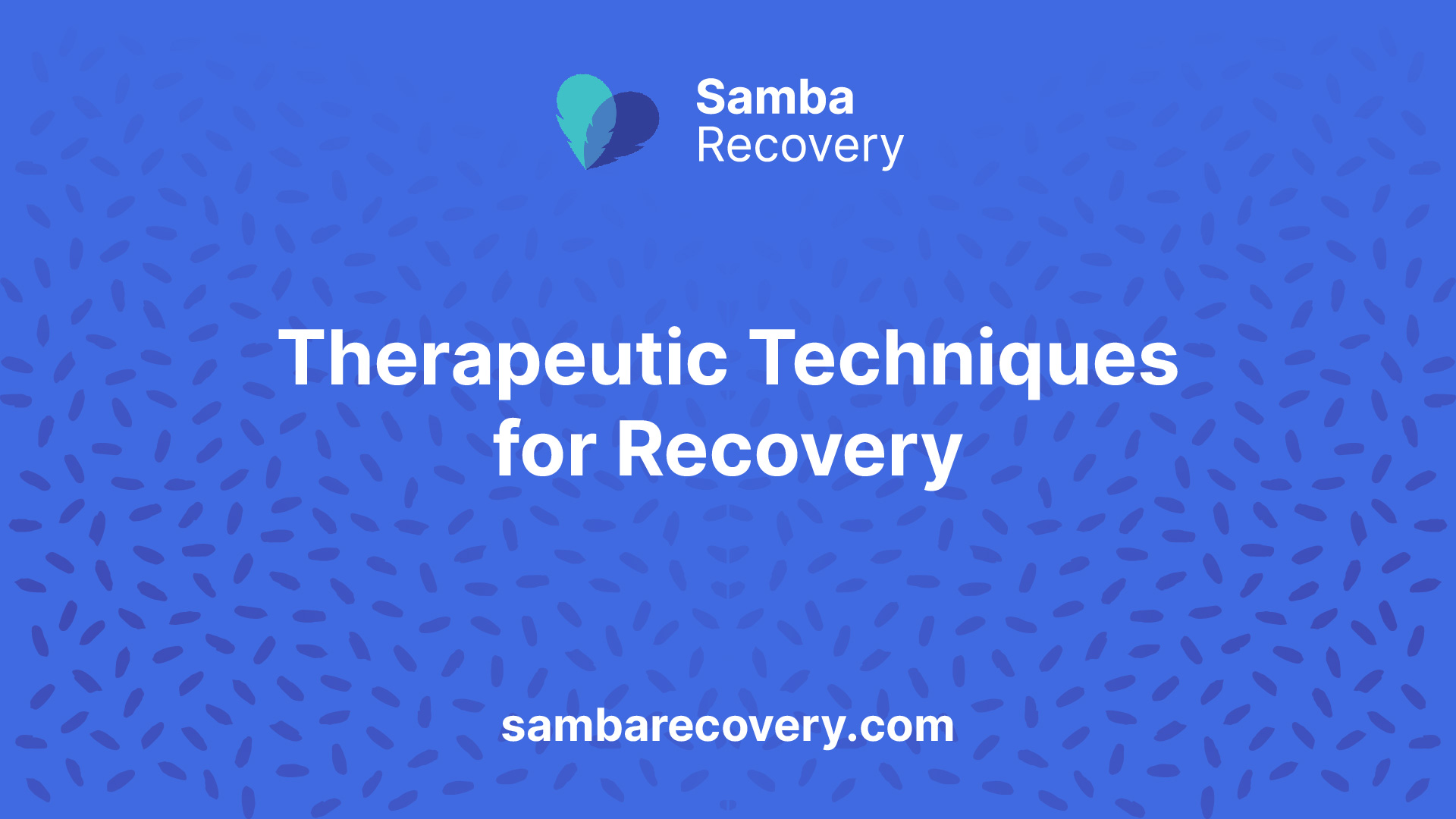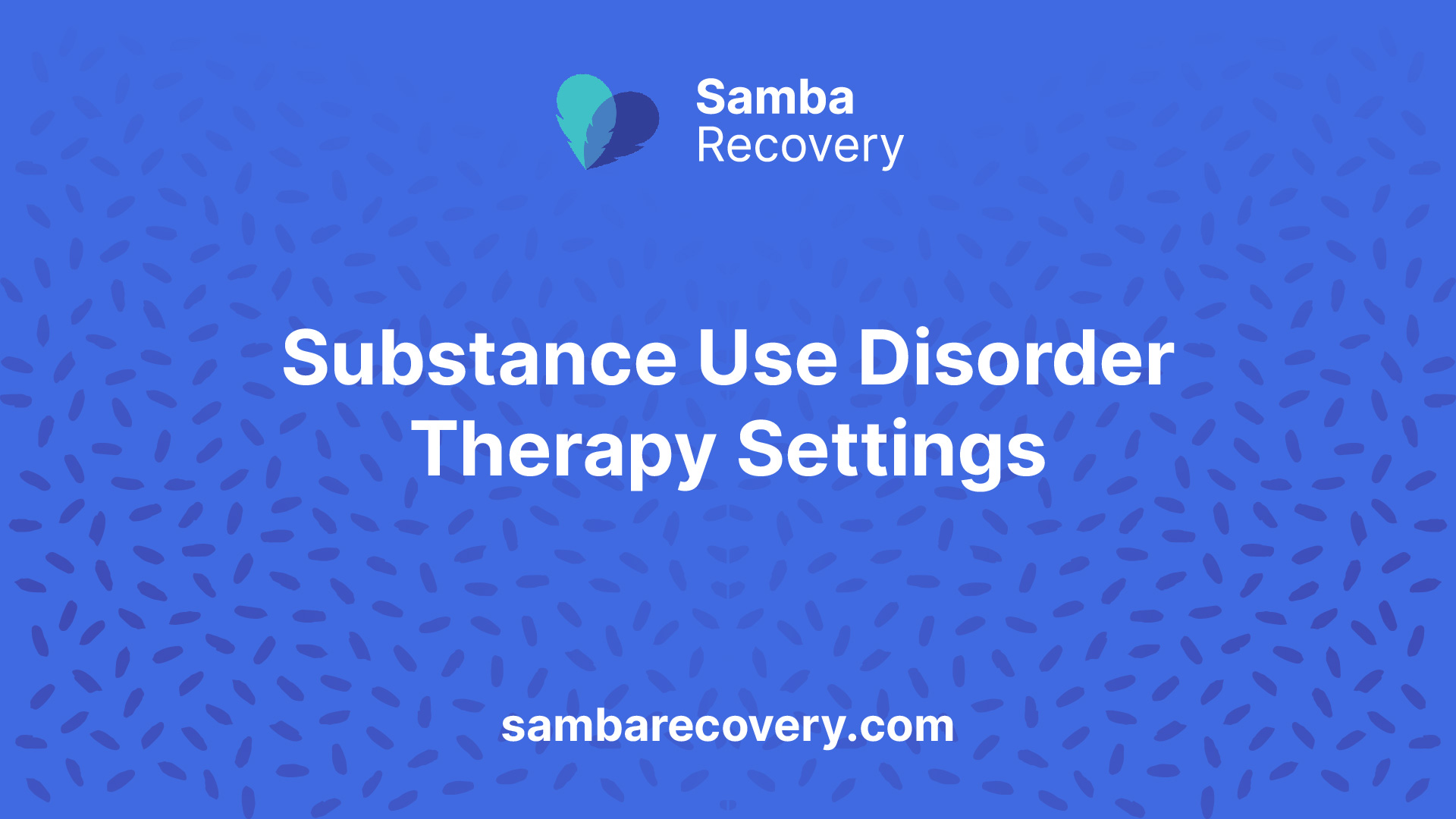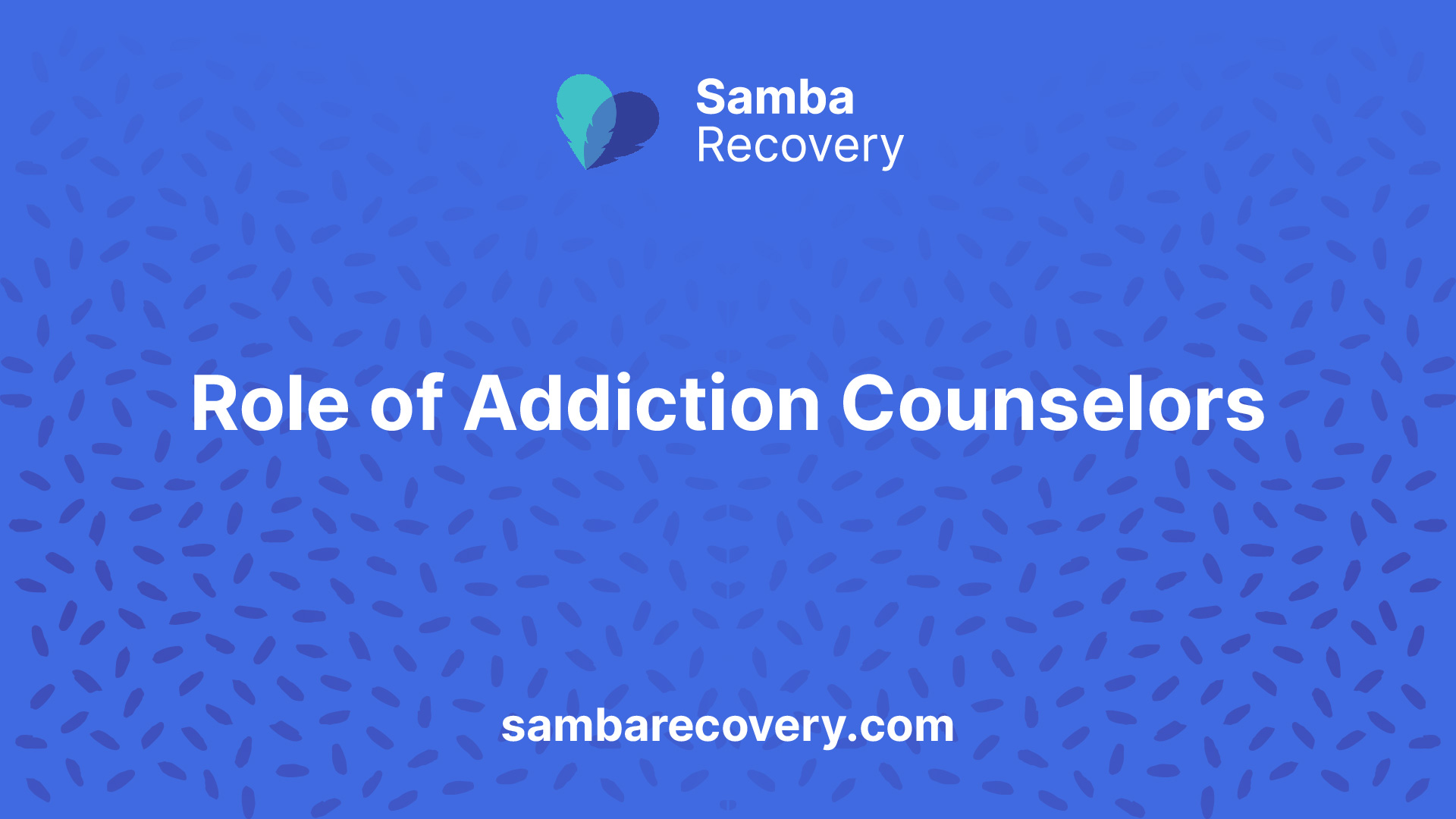
Addiction Treatment Approaches
Understanding Addiction Causes
Understanding the root causes of addiction is crucial for effective treatment. Addiction is often a complex interplay of genetic, environmental, and psychological factors. Evidence-based behavioral therapies have been shown to be effective in treating substance use disorders and co-occurring mental health issues such as depression, anxiety, and obsessive-compulsive disorder.
Key factors influencing addiction:
- Genetic predisposition: Some individuals may have a genetic tendency towards addiction, making them more susceptible to substance abuse.
- Environmental influences: Stressful life events, peer pressure, and family dynamics can contribute to the development of addiction.
- Psychological factors: Mental health issues such as depression, anxiety, and trauma often coexist with addiction and need to be addressed in treatment.
Behavioral therapies are the most commonly used techniques in addiction treatment centers. These therapies help patients understand the causes of their high-risk behavior and develop tools for avoiding or coping with such situations (DrugRehab.com).

Tools for Coping and Relapse Prevention
Effective addiction treatment not only focuses on the immediate cessation of substance use but also on long-term strategies for coping and preventing relapse. Some common therapeutic techniques include cognitive behavioral therapy (CBT), motivational interviewing (MI), and dialectical behavioral therapy (DBT).
Cognitive Behavioral Therapy (CBT)
CBT is one of the most popular therapies used in substance abuse recovery. It helps individuals cope with stressors and triggers that may lead to substance abuse, providing coping mechanisms, and improving the ability to handle relapse situations better (Transformations Treatment Center).
Motivational Interviewing (MI)
MI is a counseling approach that helps individuals find the motivation to make positive behavioral changes. It is particularly effective in overcoming ambivalence towards recovery and encouraging a commitment to the treatment process.
Dialectical Behavioral Therapy (DBT)
DBT combines standard cognitive-behavioral techniques with concepts from mindfulness practice. It is effective in treating individuals with severe emotional disturbances and those who engage in self-destructive behaviors. DBT helps patients learn to manage their emotions and develop healthier coping mechanisms.
Common Tools for Coping and Relapse Prevention:
| Coping Tool | Description |
|---|---|
| Mindfulness | Techniques to stay present and reduce stress. |
| Stress Management | Strategies to handle stress without substance use. |
| Support Networks | Building a reliable support system. |
| Healthy Lifestyle | Incorporating exercise and nutrition into daily life. |
| Relapse Prevention Plans | Developing a plan to handle triggers and high-risk situations. |
These tools and techniques are fundamental components of a comprehensive treatment plan, helping individuals navigate the challenges of recovery and maintain long-term sobriety.

Therapeutic Techniques for Recovery
Cognitive Behavioral Therapy
Cognitive Behavioral Therapy (CBT) is one of the most popular therapies used in substance abuse recovery. It helps individuals cope with stressors and triggers that may lead to substance use. Through CBT, patients learn coping mechanisms and improve their ability to handle relapse situations better. This method is effective in altering negative thought patterns that contribute to substance abuse.
| Key Aspects of CBT | Description |
|---|---|
| Coping Mechanisms | Teaches skills to manage stress and triggers |
| Relapse Prevention | Develops strategies to deal with potential relapse |
| Thought Pattern Alteration | Changes negative thinking into positive actions |
Motivational Interviewing
Motivational Interviewing (MI) is another effective therapy for substance abuse treatment. This approach focuses on understanding the genetic and environmental causes of addiction and treating both the physical and mental side effects. MI helps individuals find the internal motivation needed to change their substance use behavior. Continuous counseling over months or even years is often required to address the mental side effects of addiction (DrugRehab.com).
| Key Aspects of MI | Description |
|---|---|
| Internal Motivation | Encourages self-motivation to change behavior |
| Continuous Counseling | Requires long-term engagement for effectiveness |
| Addressing Causes | Treats both genetic and environmental factors |
Dialectical Behavioral Therapy
Dialectical Behavioral Therapy (DBT) is also commonly used in addiction treatment. This therapy helps individuals understand the underlying causes of their addiction, recognize risk factors for relapse, and develop tools for coping with stressful situations. DBT combines elements of CBT with mindfulness practices, aiming to promote emotional regulation and interpersonal effectiveness (DrugRehab.com).
| Key Aspects of DBT | Description |
|---|---|
| Understanding Causes | Helps identify and understand triggers |
| Emotional Regulation | Teaches techniques for managing emotions |
| Mindfulness Practices | Incorporates mindfulness to improve awareness |
These therapeutic techniques are essential components of a substance use counselor’s job description. They are critical in helping individuals on their journey to recovery, ensuring a comprehensive and holistic approach to addiction treatment.

Substance Use Disorder Therapy Settings
Substance use disorder treatment is available in a variety of settings, each offering unique approaches and levels of care. Understanding these settings can help individuals and their families make informed decisions about the most suitable treatment options.
Inpatient Residential Programs
Inpatient residential programs provide a structured and immersive environment for individuals recovering from substance use disorders. These programs typically require patients to live at the treatment facility for a specified period, ranging from 30 days to several months. Inpatient settings offer intensive therapy and medical supervision, catering to individuals with severe addiction issues or those who need a controlled environment to avoid triggers and relapse.
| Inpatient Residential Programs | Features |
|---|---|
| Duration | 30 days to several months |
| Environment | Controlled and structured |
| Supervision | Intensive medical and therapeutic supervision |
| Ideal For | Severe addiction cases, those needing a trigger-free environment |
Outpatient Rehab Programs
Outpatient rehab programs provide flexibility for individuals who cannot commit to a residential program due to work, school, or family obligations. These programs involve regular visits to a treatment center for therapy sessions, which can be scheduled during the day or evening. Outpatient settings are suitable for individuals with a lower risk of severe withdrawal symptoms and those who have a stable and supportive home environment.
| Outpatient Rehab Programs | Features |
|---|---|
| Duration | Varies, often several months |
| Environment | Flexible, patients live at home |
| Supervision | Regular therapy sessions, less intensive |
| Ideal For | Mild to moderate addiction, those with supportive home environments |
Support Groups and Communities
Support groups and sober living communities offer ongoing support and a sense of community for individuals in recovery. These settings provide a platform for individuals to share their experiences, receive peer support, and stay accountable for their sobriety (DrugRehab.com). Popular support groups like Alcoholics Anonymous (AA) and Narcotics Anonymous (NA) follow a 12-step program, while sober living communities offer a drug-free living environment with peer support.
| Support Groups and Communities | Features |
|---|---|
| Duration | Ongoing |
| Environment | Peer support, community-based |
| Supervision | Peer-led, sometimes professional |
| Ideal For | Continuing care, those seeking community support |
Substance use counselors play a vital role across these settings, providing tailored treatment plans, collaborating with healthcare providers, and offering support and care to individuals on their recovery journey. Whether working in inpatient, outpatient, or community settings, these professionals are dedicated to helping individuals achieve and maintain sobriety.

Role of Addiction Counselors
Addiction counselors play a pivotal role in the recovery journey of individuals struggling with substance use disorders. Their responsibilities encompass a range of activities, from creating personalized treatment plans to collaborating with healthcare providers.
Tailored Treatment Plans
Addiction counselors, also known as substance abuse counselors, are experts at developing tailored treatment plans. These plans are customized based on the specific addictions, needs, and goals of individuals with substance use disorders, such as alcohol use disorder or opioid use disorder (Cleveland Clinic).
Key Components of a Tailored Treatment Plan:
- Individual Assessment: Evaluating the severity of the addiction, the individual’s health status, and any co-occurring mental health issues.
- Goal Setting: Establishing short-term and long-term recovery goals.
- Therapeutic Techniques: Incorporating various therapy methods like Cognitive Behavioral Therapy (CBT) and Motivational Interviewing.
- Progress Monitoring: Regularly assessing the individual’s progress and making necessary adjustments to the treatment plan.
Collaboration with Healthcare Providers
Effective treatment for substance use disorders often requires a multidisciplinary approach. Addiction counselors collaborate with a variety of healthcare providers to ensure comprehensive care for their clients.
Key Aspects of Collaboration:
- Medical Professionals: Working with doctors and nurses to address any medical issues related to substance use and withdrawal symptoms.
- Mental Health Specialists: Coordinating with psychologists and psychiatrists to treat co-occurring mental health conditions.
- Social Workers: Partnering with social workers to provide support services, such as housing assistance and vocational training.
- Support Groups: Referring clients to support groups like Alcoholics Anonymous (AA) or Narcotics Anonymous (NA) for peer support.
| Role | Responsibilities |
|---|---|
| Medical Professionals | Address medical issues, manage withdrawal symptoms |
| Mental Health Specialists | Treat co-occurring mental health conditions |
| Social Workers | Provide support services (housing, vocational training) |
| Support Groups | Offer peer support and community |
Addiction counselors must possess essential competencies, including patience, compassion, and strong interpersonal, listening, and communication skills (UMass Global). Their ability to create personalized treatment plans and collaborate effectively with other healthcare providers significantly enhances the recovery process for individuals with substance use disorders.
Becoming an Addiction Counselor
Education Requirements
To become a substance use counselor, the primary educational requirement is typically a bachelor’s degree in substance abuse counseling, psychology, social work, or a related field. However, many states and employers prefer or require a master’s degree for advanced positions and licensure.
| Degree Level | Percentage of Professionals |
|---|---|
| Bachelor’s Degree | 52% |
| Master’s or Doctorate Degree | 48% |
Figures courtesy Verywell Mind
A master’s degree in social work, mental health counseling, or a similar field can enable counselors to offer more comprehensive services, such as private one-on-one counseling sessions with less supervision (UMass Global).
Licensing and Certification Process
Licensing requirements for substance use counselors vary by state, but generally involve several key components:
- Education: A bachelor’s or master’s degree in a relevant field.
- Supervised Clinical Experience: Between 2,000 to 4,000 hours of supervised practice.
- State Licensing Exam: Passing a state-specific licensing exam.
- Continuing Education: Completing annual continuing education credits to maintain licensure.
The table below outlines common requirements:
| Requirement | Description |
|---|---|
| Education | Bachelor’s or Master’s Degree |
| Supervised Experience | 2,000 – 4,000 hours |
| Licensing Exam | State Licensing Exam |
| Continuing Education | Annual Credits |
These requirements ensure that substance use counselors are well-prepared to provide effective treatment and support to individuals struggling with addiction. In addition to technical skills, counselors must possess essential competencies identified by SAMHSA, including patience, compassion, and strong interpersonal and communication skills (UMass Global).
Working as an Addiction Counselor
Settings and Specializations
Addiction counselors play a critical role in the recovery journey of individuals struggling with substance use disorders. They can work in various settings and specialize in different areas to meet the unique needs of their clients.
Settings:
Addiction counselors have the flexibility to work in a range of environments, each offering distinct opportunities to support individuals with substance use disorders. According to Verywell Mind and Cleveland Clinic, some common settings include:
- Hospitals: Providing immediate care and support for patients in crisis.
- Mental Health Clinics: Offering ongoing therapy and support for individuals dealing with co-occurring mental health issues.
- Rehabilitation Centers: Facilitating structured programs for detoxification and rehabilitation.
- Correctional Facilities: Assisting incarcerated individuals with substance use issues.
- Private Practice: Allowing for personalized and flexible treatment plans.
- Community Health Centers: Serving diverse populations in a community-based setting.
| Setting | Description |
|---|---|
| Hospitals | Immediate care, crisis intervention |
| Mental Health Clinics | Ongoing therapy, support for co-occurring disorders |
| Rehabilitation Centers | Structured detoxification and rehabilitation programs |
| Correctional Facilities | Support for incarcerated individuals with substance use issues |
| Private Practice | Personalized, flexible treatment plans |
| Community Health Centers | Serving diverse populations in a community-based setting |
Specializations:
Addiction counselors may also choose to specialize in working with specific populations, tailoring their approaches and techniques to better address the unique challenges faced by these groups. Some specializations are:
- Teenagers: Addressing the specific developmental and social factors influencing substance use in adolescents.
- Veterans: Focusing on trauma-informed care and issues related to military service.
- Individuals with Disabilities: Providing specialized support for those with physical or intellectual disabilities.
Providing Support and Care
Addiction counselors are tasked with providing comprehensive support and care to individuals battling substance use disorders. Their responsibilities include:
- Individual Counseling: Conducting one-on-one sessions to explore the root causes of addiction and develop personalized coping strategies.
- Group Therapy: Leading group sessions to foster peer support and shared experiences.
- Crisis Intervention: Being available during emergencies to provide immediate assistance and prevent relapse.
- Education: Educating clients and their families about addiction and recovery to build a supportive home environment.
- Collaboration: Working with other healthcare providers to create and implement tailored treatment plans.
| Service | Description |
|---|---|
| Individual Counseling | One-on-one sessions exploring root causes and coping strategies |
| Group Therapy | Peer support and shared experiences |
| Crisis Intervention | Immediate assistance and relapse prevention |
| Education | Educating clients and families about addiction and recovery |
| Collaboration | Working with healthcare providers to develop and implement treatment plans |
| Service | Description |
|---|---|
| Individual Counseling | One-on-one sessions exploring root causes and coping strategies |
| Group Therapy | Peer support and shared experiences |
| Crisis Intervention | Immediate assistance and relapse prevention |
| Education | Educating clients and families about addiction and recovery |
| Collaboration | Working with healthcare providers to develop and implement treatment plans |
By working in diverse settings and offering specialized care, addiction counselors provide essential support to those on their journey to recovery, helping them to overcome the challenges of substance use disorders and lead healthier, more fulfilling lives.
References
[1]: https://www.shrm.org/topics-tools/tools/job-descriptions/substance-abuse-counselor
[2]: https://www.betterteam.com/substance-abuse-counselor-job-description
[3]: https://www.allpsychologyschools.com/substance-abuse-counseling/job-description/
[4]: https://www.mightyrecruiter.com/job-descriptions/substance-abuse-counselor/
[5]: https://www.wellspringmaine.com/job-description-substance-abuse-counselor-social-detox-program/






